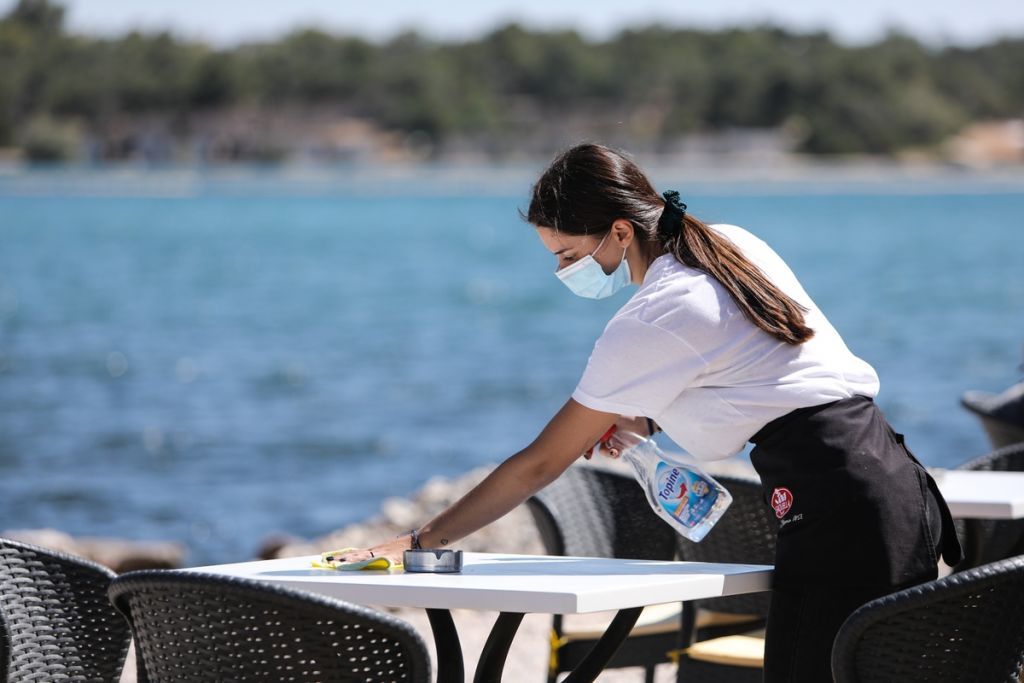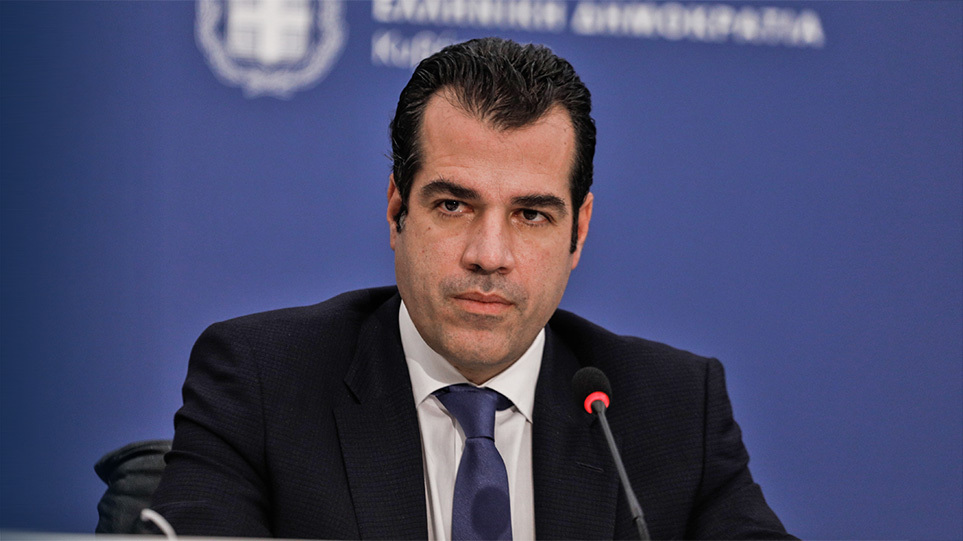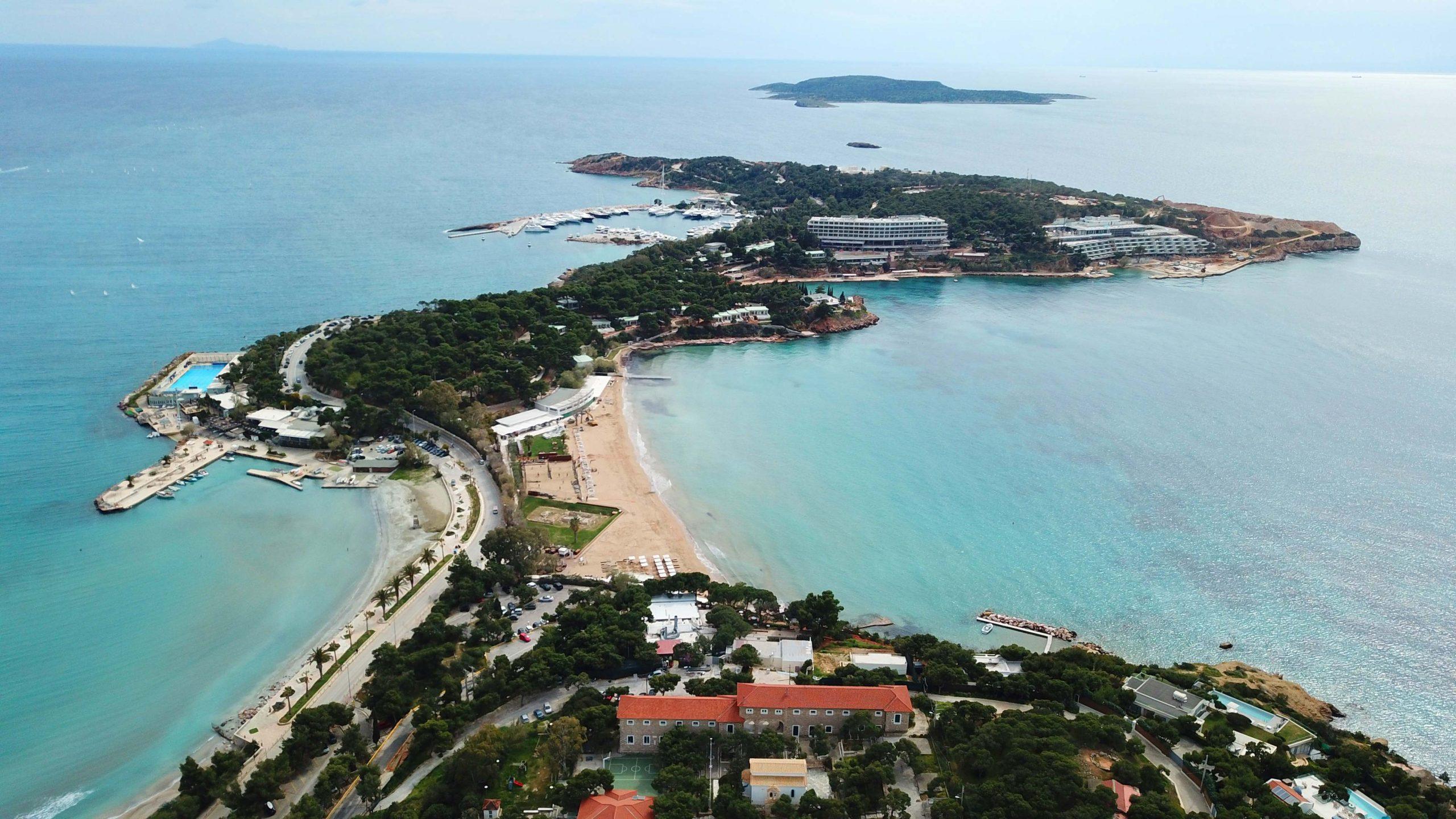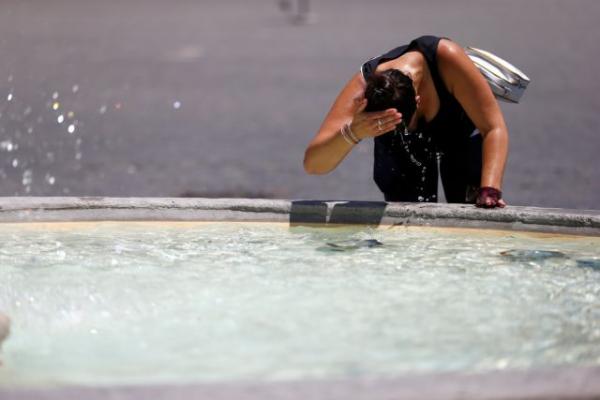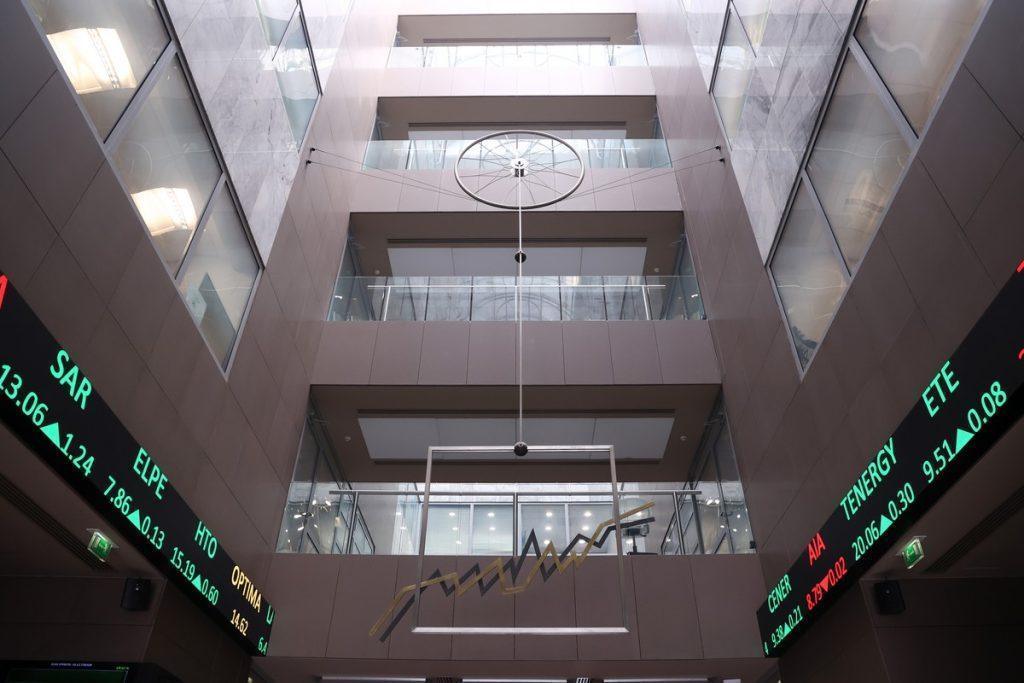The hotel sector is looking for 55,000 employees for the tourist season of 2022, in order to fill the existing vacancies, as its bodies emphasize in the Athenian Macedonian News Agency. The problem with job vacancies, this year, appears slightly increased compared to 2021, when in a recent INSETE survey, at the peak of last season, 53,249 jobs, out of the 244,124 jobs provided, were not filled, according to organization charts in hotels. In other words, the shortage rate was amounted to 22% or to more than 1 in 5 jobs.
In fact, the hotel units are trying their best to open during the next period of time, but this will not be to the detriment of the quality of the services provided. Soon, the research tool of the Hellenic Chamber of Commerce, the Institute for Tourism Research and Forecasts (ITEP), will publish a survey describing the magnitude of the problem. Speaking to the Athens-Macedonian News Agency, the president of ITEP, Ms Konstantina Svinou, notes that, since 2019, the problem has become more apparent, as, even during that year, out of the 20,000 job vacancies in hotels, only the 16,000 were filled.
The pandemic has exacerbated the problem of hotel employment
However, the outbreak of the pandemic has exacerbated the problem, during this year. The contraction of the tourist season of 2020 and 2021 created conditions of insecurity for the majority of employees and led many of them to change jobs. Many foreigners who already worked in hotels, as Ms Svinou reports, left Greece and headed to other European countries. According to the president of the Hellenic Hoteliers Federation, Mr Grigoris Tassios, in recent statements stressed that the Covid-19 pandemic, pushed many seasonal workers in the sector of tourism, mainly between the ages of 25-35, to look for work in other sectors and mainly in those that offer twelve-month and five-day work.
Former employees in hotels were directed to the short-term lease
At the same time, the boom in short-term rental in Greece, which was accompanied by a sharp increase in the supply of accommodation beyond the “traditional hotels”, absorbed thousands of employees. As the vice-president of the Hellenic Chamber of Commerce, Ms Christina Tetradi, states to the Athens-Macedonian News Agency, now a large percentage of employees, in the field of cleaning and catering of hotels, chose salaries of more than 100 euros per day, without insurance, than the salaries offered by hotels. “A villa that is rented for 1,000 euros per day can offer a daily wage of 100 euros. At the same time, for example, a hotel that pays 40 euros per day, gives an additional 30 euros for the employee’s insurance and other bookings”, said Ms Tetradi, trying to shed light on the conditions prevailing in the labor market.
In the labor market, there are no chefs
Talking about the problem of staff shortages, both Ms Svinou and Ms Tetradi point out that the biggest shortages in the tourism sector can be found in jobs, such as catering services (waiters, cooks) and cleaning (maids, etc.). Speaking to the Athens-Macedonian News Agency, the president of the Athens Hoteliers association, Mr Evgenios Vassilikos, characteristically notes that: “in the labor market, there are no chefs”. Explaining the current situation, Mr Vasilikos noted that most chefs, today, have opened their own shops, while many have sought better salaries in Mykonos and Santorini or in other large holiday resorts, leaving their job vacancies in Athens. Talking about areas with job vacancies, everyone agrees that in areas, where there are seasonal hotel units, such as the South Aegean, Crete, the Ionian Islands, but also the Cyclades, there are staff shortages.
Some dining areas are closed
What does that actually mean? Ms Svinou states that many hotels that may have 4 and 5 restaurants in their hotel portfolio may close 2 of them, with all that this implies for the smooth operation of the business, and therefore their quality. Another issue that may arise is that of overtime hours, always paid. It is not uncommon for workers to work on weekends, as there is no substitute. “There are no freelance workers to come and work in hotels,” says Ms Svinou.
“The Hotel industry is unfairly targeted for working conditions”
At this point, Ms Svinou points out that the hotel industry has been unfairly targeted, in terms of salaries and working conditions. “The bad conditions that have seen the light of day do not concern the hotels, but other tourist businesses”, adds Ms Tetradi. “Hotels have collective bargaining agreements, according to which in practice hoteliers pay more than what is stipulated. At the same time, the living conditions are very dignified for the employees, since one room is provided for every two of them and in no case are there conditions that offend human dignity, etc.”, says Ms Svinou.
If jobs are not filled by Greeks, they will be filled by foreigners
When asked how the current situation can be reversed, everyone argues that a cooperation of the Ministries of Labor, Tourism and other operators of the sector will significantly help increase jobs, as tourism companies will be able to immediately submit the available positions to the Public Employment Service (OAED). In this way, job vacancies will be filled for the benefit of both the employees and the companies.
At this point, Ms Svinou emphasizes that “if it turns out that there are no Greeks available to fill the jobs, the vacancies should be filled by employees from abroad”. In addition, industry operators are calling for inspections by the Labor Inspectorate, not only in hotels, but also in short-term rental accommodation, where the grey economy is flourishing, with uninsured workers. “There is no hotel with an uninsured employee”, notes the vice president of Hellenic Chamber of Hotels. Ms Tetradi, always referring to how the vacancies in hotels will be filled, notes that the measure of subsidizing work must be restored, so that the hoteliers will be able to hire in May and October.
INSETE: Employment and shortages by specialty
50% of the total jobs that were not filled last year, i.e. almost 26,500 jobs, correspond to the specialties of waitress, receptionist, waiter, assistant waiter, laundry, barista and technical support/maintenance. Out of the total of 10,050 hotels in Greece, 38% (3,780 hotels) lacked at least one maid position, 30% (3,027 hotels) lacked a receptionist position, 27% (2,751 hotels) a waiter position and 18% a waiter assistant (1,811) and a barista (1,800) position.
